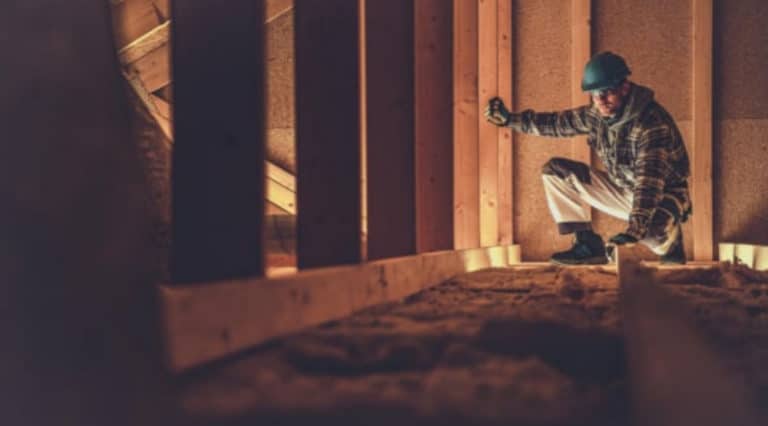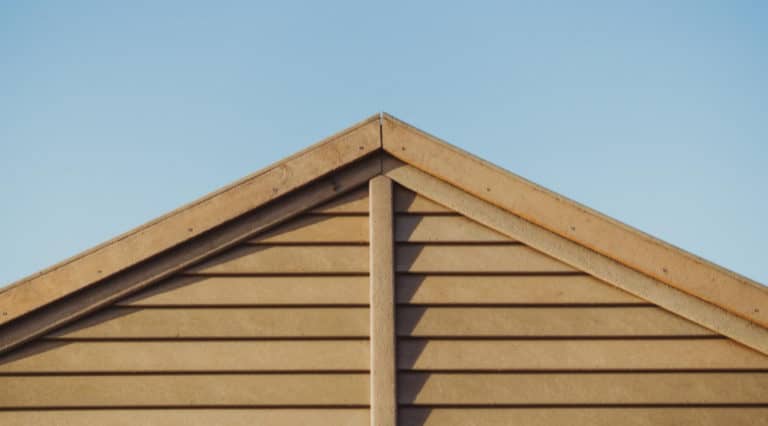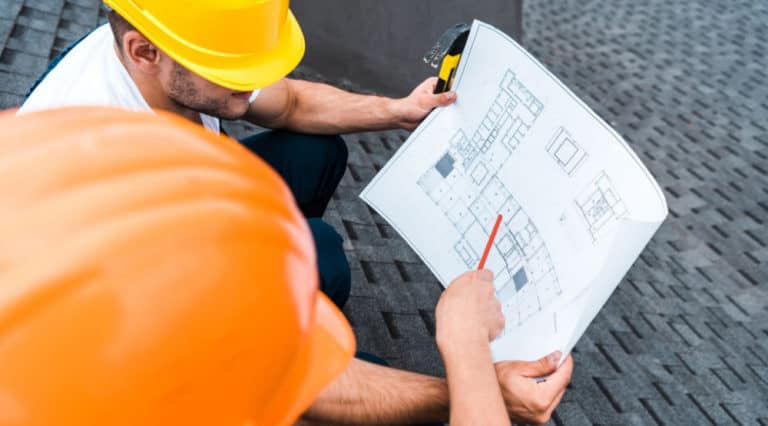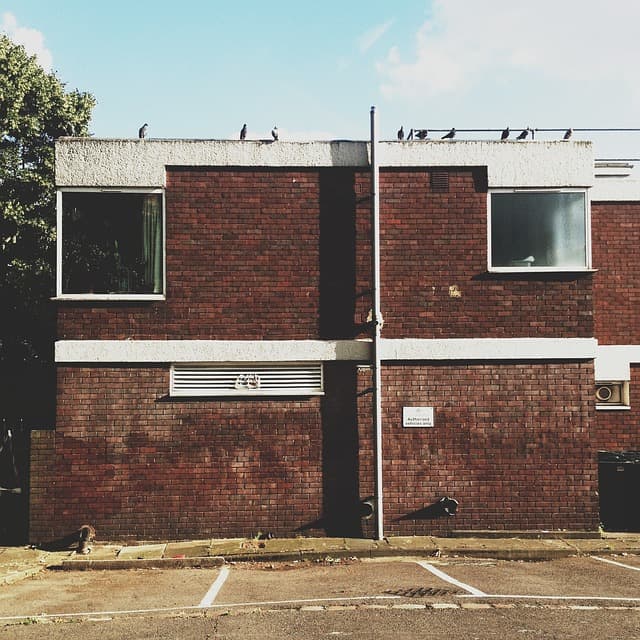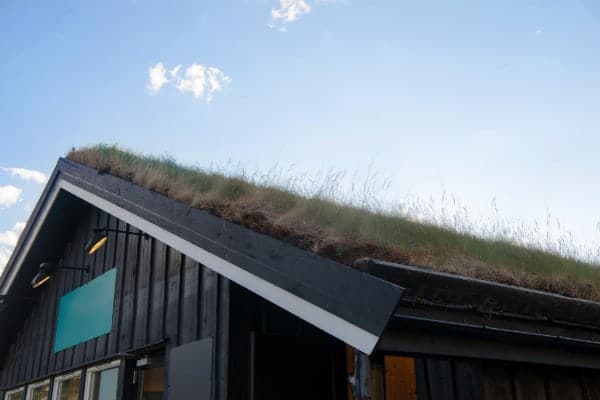Find My Local Expert Roof Inspection: When should you do...
Read More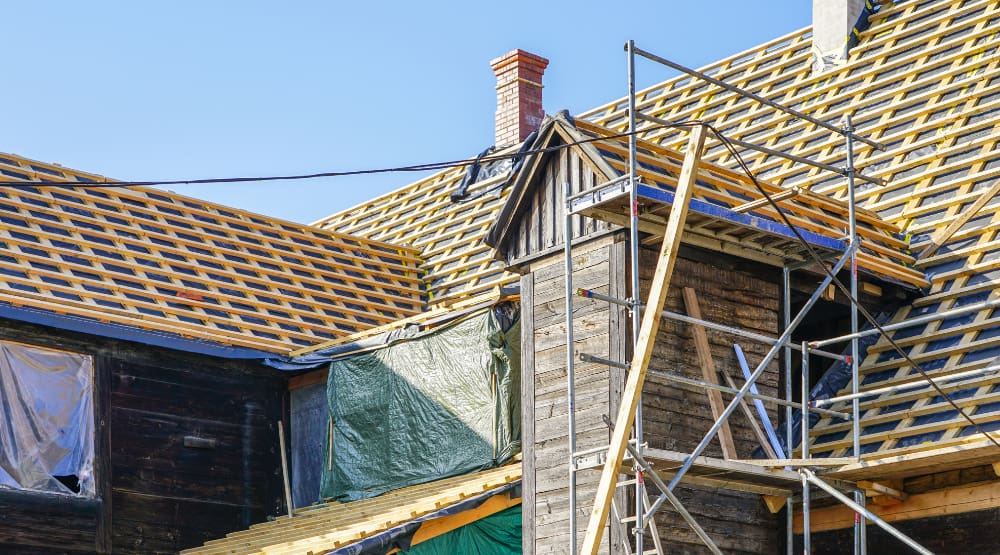
Do You Need a Roof Inspection After a Roof Replacement?
Having a roof replaced is a major undertaking and not one that home and business owners take lightly. The roof of a building is not just a means of keeping the weather out, but also a structural component that can be extremely dangerous if not done correctly. This is why you should always hire a certified roofer to get your roof replaced, but also why, even when you do get a certified roofer to take care of it, you should still get a roof inspection afterwards.
This often seems counter-intuitive. After all, when you have paid a professional to do a job, you don’t expect to have to pay another professional to verify that they did the job properly.
Unfortunately, while the vast majority of roofers will do the best job they can, there will always be some out there who rush the job or aren’t as knowledgeable as they have claimed, even if they are fully certified. Roofers can also have off-days. Perhaps something is going on at home that’s making them distracted. Whatever the reason, however justified it might be, the fact remains that inferior roof replacements do happen.
Unfortunately, the implications of an inferior roof replacement remain the same, which is why it is in your best interests to have a roof inspection carried out after a roof replacement.
Of course, it helps to know more about the process, including why it is important, and what happens if your roof fails an inspection. So, before you go calling your roofer, be sure to read our detailed breakdown below.
Importance of Roof Inspection
Many of the reasons why a roof inspection is important are not relevant when talking about a roof that has just been replaced. For example, things like checking for excessive moss or plant growth, cracks in tiles, roof sag, and other problems that are generally the result of time and weathering, should not be a factor.
If anything, problems with a roof replacement are more insidious. After all, you can often see missing shingles from the ground, and leaks are sometimes painfully obvious. Problems with replacements can result in missing shingles or tiles and may cause leaks to appear, but they may also come in the form of improper structural materials or insufficiently secured timbers.
There could even be things like missing flashing. In short, things that you would not obviously notice as an untrained observer. And certainly not something you’d pick up if you’re not expecting there to be any problems.
As much as things like leaks are an inconvenience, it is the structural aspect of having a new roof installed that makes it so crucial to have a roof inspection. If your roof is not structurally sound, you could find yourself in an incredibly dangerous situation. Remember, your roof is not just a structural component itself; it is also an extremely heavy mass on the top of your building. If it were to collapse, it could have catastrophic implications for the rest of the building. Not to mention anyone inside.
Who Should do the Inspection?
When getting your roof inspected, your first criteria should be certification. In the UK, there is no legal requirement for licenses or certificates to operate as a roofer, and while any roofer should have the required knowledge to be able to adequately inspect a roof, you really should opt for someone who has the qualifications to support their expertise.
The next thing you should look for is someone who is advertising roof inspection services specifically. Again, any roofer should have the knowledge needed to perform a roof inspection, but someone who offers roof inspection services specifically will be more invested in ensuring their reputation as a roof inspector is preserved by delivering a comprehensive service. They are also more likely to have specialist tools to perform a more thorough inspection than a typical roofer who also does inspections on the side.
Of course, there is also the matter of visual inspections, which you can carry out yourself. In the case of a new roof replacement, any obvious signs of a problem you can spot yourself are undoubtedly cause for concern. That being said, you should still get a certified roof inspector in before you call your roofer back to put things right. If you spot loose tiles or missing flashing, you can have your roofer put that right, but there may be other things you can’t spot that need fixing, too.
What Will the Roofer Check on my New Roof?
Roof inspectors will do more than just visually inspect your tiles or shingles and search for leaks, they will look deeper into the installation in an effort to expose everything from small tears and possible leaks to structural issues. Remember, if you’ve just had your roof replaced, it’s unlikely that there will be any glaringly obvious problems—that’s why you’re hiring a professional inspector to take care of it. Here are some of the things you can expect your roof inspector to check;
#1 The Roof’s Interior
One of the most likely places to find evidence of a rushed or inferior roof replacement is in the interior. While the external parts of your roof are open to the elements and visible even from ground level in most cases, the interior is open and relatively easy to inspect.
Your roof inspector will want to make sure that everything has been properly fitted—a crucial part of the structural aspect of your roof—but also the interior of your roof will be where signs of any leaks will be most evident. From here, your roof inspector should also be able to spot any problems with the roofing felt or membrane used.
If you have a complex roof with lots of faces that makes it difficult to inspect the state of the tiles or shingles, the interior of your roof is also the safest way to check for obvious problems with those tiles without using special tools.

#2 The Roof’s Structure
Arguably the most pressing aspect of a roof replacement is whether it is structurally sound. This is not to say that the other aspects don’t matter, but most people would likely rather have a droplet of water fall on their head than a roof!
Your inspector will look for signs of sagging, which is a definite point of concern in a new roof installation. Beyond that, there is also the fascia and soffits to inspect which, while not as substantial as the main structure of the roof itself, can still cause significant damage if not installed correctly. Your inspector will also test for damage in your chimney stack, including wear and tear.
#3 The Materials Used in the Roof’s Construction
This part of the inspection will check both the materials used and that those materials were correctly installed. For the most part, your roofer shouldn’t have been able to use the wrong materials. Things like shingles, roof tiles, and roofing felt are made almost exclusively for roofing. It’s possible that the wrong grade of wood could have been used in the roof’s structure, but not likely. In any case, your roof inspector will check this.
As for the installation of the material, this generally boils down to ensuring things like the shingles are fixed in place properly, roofing felt hasn’t been ripped during installation, and flashing is properly shaped to the roof.
#4The Quality of the Workmanship
Finally, your inspector will check the general workmanship of your roof replacement. Some of this we have covered already, such as checking for ripped felt and loose tiles or shingles. Other examples of poor workmanship include exposed screws or nails, cracked tiles, loose fascia boards or soffits, uneven tiles, and other similar examples.
Your roof inspector should be able to provide pictures of these issues, which may become necessary if your roofer disputes any issues for which they would be liable.
What if it Failed the Inspection?
In the case of a general roof inspection failing, it would be time to call in a professional roofer to deal with the problems. Unfortunately, unless you have money to burn, you will need to get in touch with the roofer who replaced your roof to talk about setting things straight.
Hopefully, your roofer is honest and will want the problems your roof inspection uncovered right. They may have been the result of an honest mistake. If not, you may be forced to take your roofer to court, in which case you should seek legal advice before proceeding.
You may need to have the repair work done by someone else and pursue your roofer for compensation, rather than have them put the problems right.
Final Thoughts
While we still recommend getting a roof inspection after a roof replacement, we can’t understate the importance of having a qualified and reputable roofer take care of the roof replacement, to begin with. Your chances of encountering any of the issues we mentioned fall dramatically if you ensure your choice of roofer is good.
You May Also Like...
How Long Does a Roof Inspection Take?
Find My Local Expert How Long Does a Roof Inspection...
Read MoreDo I need planning permission in changing a flat roof to a pitched roof?
Find My Local Expert Do I Need Planning Permission When...
Read MoreDo I need planning permission for a flat roof extension?
Find My Local Expert Do I Need Planning Permission for...
Read MoreAm I Allowed to Install Green Roofing in the UK?
Find My Local Expert Am I Allowed to Install Green...
Read MoreExperiencing Chimney Problems?
My Trusted Expert Guarantee
Experts Have Been Vetted & Approved
